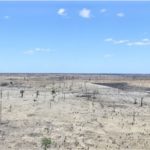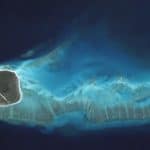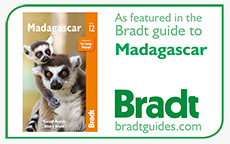The diversity of corals in Madagascar is among the most diverse in the world.
In Madagascar, the coral reefs cover an area of more than 2,000 km2
From Toliara to Antsiranana and from Cap d'Ambre to Toamasina, they run along a coastline of about 1,400 km.
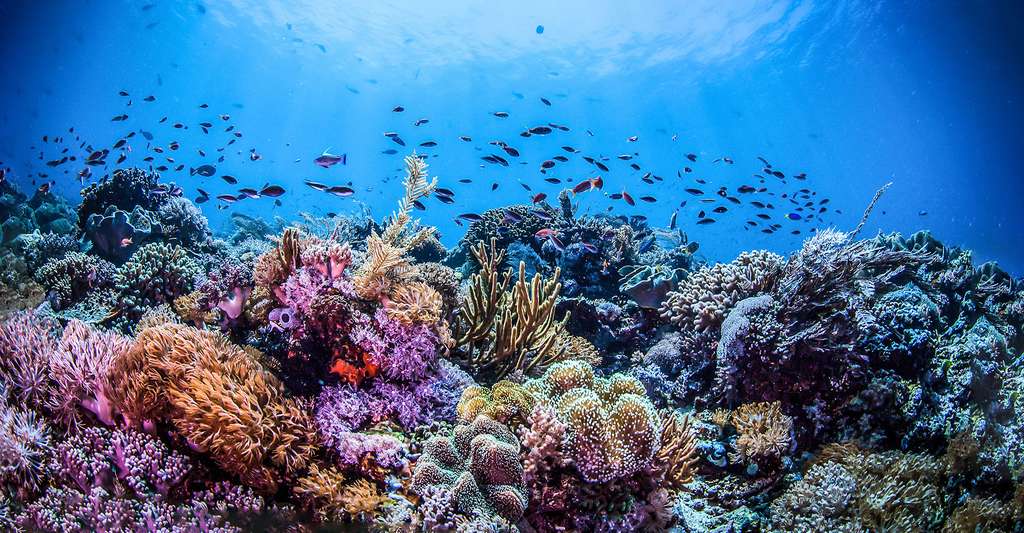
The western Indian Ocean, particularly the Mozambique Channel between Madagascar and Africa, probably offers one of the greatest biodiversity of coral species.
Researchers have identified 369 coral species in the Indian Ocean and predict there could be as many as 100 more unidentified coral species.
If so, this region would become as biologically diverse as the Great Barrier Reef.
Magnificent corals populate the magnificent underwater landscape of Madagascar.
The corals of the Indian Ocean are a unique heritage and enjoy many unique and ancient coral lineages found nowhere else on earth.
The evolutionary lineage of the Indian Ocean fauna predates that of the fauna of Southeast Asia and the Coral Triangle, inheriting areas of rich marine biodiversity from 20 to 50 million years ago."
Nearly 10 percent of these species are known only in the Indian Ocean.
The coral diversity in the Mozambique channel, which lies between Madagascar and the African continent, is particularly high.
To these animals (for they are indeed animals and not plants), which can multiply infinitely, Mother Nature opposes a whole series of destructive elements:
Many coral reefs in the region are threatened by local pressures such as population growth, overfishing, fossil fuel exploitation, mining and tourism.
In addition, like almost all coral reefs in the world, they are threatened by warming due to climate change and ocean acidification.

They provide a source of food, shelter, and breeding grounds for all, forcing residents to develop social living strategies to survive.
A coral reef can unite more than 200 different species, becoming a true oasis of life.
This fragile ecosystem, this new universe is the main discovery of the tropical underwater world.
Abundantly photographed and filmed, the star coral reefs are now known to most and everyone dreams of discovering them on a dive along the tropical reefs.
MADAGASCAR coral reefs
A coral reef or barrier reef is a natural, biologically built structure that is essentially coral. Coral reefs provide ecological niches for many animals to find food, shelter and protection.

The mangroves protect the corals from siltation by holding back the riverine alluvium, while the reef moderates the force of the ocean.
These complementary and easily accessible ecosystems are essential to the survival of many marine species, serving as spawning grounds and nurseries for shrimp and many fish.
Corals
These polyps (primitive and colonizing invertebrates) feed on plankton, which they catch with their stinging tentacles.
The polyps find shelter in a calcareous skeleton that they secrete themselves.
The reef builds up slowly (1m per millennium) by accumulation of these skeletons.
Many fish species are therefore dependent on them.
Our Talso cruises from Nosy Be from will lead you to the Radama Islands or to the Archipelago of the Mitsiowhere you can admire reefs in full health. No industrial pollution and no commercial fishing have allowed these reefs to preserve their splendor.
The R iff, until when?
iff, until when?
Without rational and sustainable resource management, the harvestable stock will be depleted and the fishing population impoverished.
They may turn to other species and ecosystems, which can exacerbate the extent of degraded areas.
However, it is known that coral reefs are also carbon sinks and play an important role in maintaining the marine environment. Once the reef barriers are destroyed, there will no longer be a barrier between the sea and the coast.
Coastal populations will bear the brunt of natural disasters.


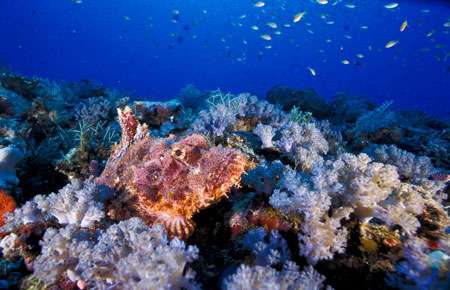 iff, until when?
iff, until when?

